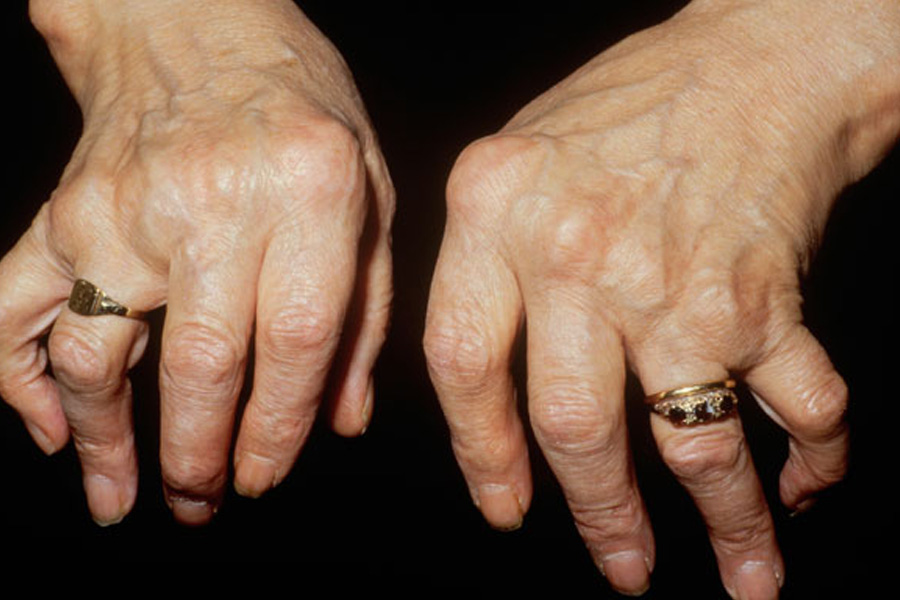Arthritis Awareness: How to Improve Quality of Life with Arthritis

Arthritis is a condition that impacts millions of people worldwide, leading to joint pain, stiffness, and swelling. Despite its widespread prevalence, there is a significant need for increased awareness and understanding of how to effectively manage and improve the quality of life for those with arthritis. From lifestyle adjustments to innovative therapies, there are various strategies available to help individuals living with arthritis lead more comfortable and active lives.
These symptoms can vary in severity and may worsen over time, making daily activities challenging.
Lifestyle Changes for Managing Arthritis
Stay Active:
Regular physical activity is crucial for managing arthritis. Exercise helps to strengthen muscles around the joints, improve flexibility, and reduce pain. Low-impact activities such as swimming, walking, and cycling are excellent choices. Consult with a physical therapist to develop a tailored exercise plan that suits your needs and abilities.
Healthy Diet:
A balanced diet is essential for maintaining good health. It includes a variety of foods from all the different food groups, such as fruits, vegetables, grains, proteins, and dairy. Eating a balanced diet provides the body with the necessary nutrients to function properly and stay healthy. It is important to eat in moderation and avoid consuming too much of any one type of food. By following a balanced diet, you can help prevent arthritis
Stay Hydrated:
Staying properly hydrated is of paramount importance for those suffering from the painful condition of arthritis. When the body is dehydrated, the synovial fluid that lubricates and cushions the joints becomes thicker and less effective, exacerbating the inflammation and discomfort associated with arthritic joints. Conversely, drinking an adequate amount of water helps keep this synovial fluid thin and mobile, allowing the joints to move more freely and reducing the grinding and rubbing sensations that arthritis patients often experience.
Manage Stress:
Prolonged stress has the potential to worsen arthritis symptoms. Utilize stress-relief methods like deep breathing exercises, meditation, yoga, or participating in enjoyable hobbies. Minimizing stress levels can result in enhanced general health and reduced discomfort.
Get Enough Rest:
Adequate sleep is vital for the body’s repair processes. Ensure you get 7-9 hours of sleep each night and establish a regular sleep schedule. Consider a supportive mattress and pillows to keep your joints comfortable.
Emerging Therapies
Red light therapy has recently gained attention as a potential treatment for arthritis. This non-invasive therapy uses low-level red wavelengths to penetrate the skin and tissues, promoting cellular repair and reducing inflammation. Research suggests that red light therapy for arthritis can effectively reduce pain, improve joint mobility, and decrease swelling associated with arthritis. While more research is needed to fully understand its long-term benefits, many individuals have reported significant improvements in their symptoms after consistent use of red light therapy.
Medical Treatments
Medications:
There are many different types of medications that can help manage arthritis symptoms. Nonsteroidal anti-inflammatory drugs, or NSAIDs, can help reduce pain and inflammation. Disease-modifying ant rheumatic drugs, or DMARDs, are often prescribed for rheumatoid arthritis to slow down the progression of the disease. It is important to consult with a healthcare provider to determine the best medication for your individual condition.
Physical Therapy:
Working with a physical therapist can help improve joint function and reduce pain. Physical therapy involves exercises tailored to your specific condition and abilities, as well as techniques to protect your joints during daily activities.
Occupational Therapy:
Occupational therapists can provide strategies and tools to help you perform daily tasks more easily. This might include adaptive devices to reduce strain on your joints or modifications to your home or workplace.
Self-Care and Support
Educate Yourself:
Understanding your condition empowers you to make informed decisions about your treatment and lifestyle. Attend arthritis education programs, read reputable sources, and stay updated on new research.
Join Support Groups:
Connecting with others who have arthritis can provide emotional support and practical advice. Support groups, whether in-person or online, offer a sense of community and understanding.
Pace Yourself:
Learn to balance activity and rest to avoid overexertion. Break tasks into smaller steps, take breaks, and listen to your body. Using joint protection techniques, such as using larger joints to perform tasks or using assistive devices, can also help prevent strain.
Conclusion
Living with arthritis presents challenges, but with the right strategies and treatments, it is possible to improve your quality of life. By staying active, eating a healthy diet, managing stress, and exploring treatments like red light therapy for arthritis, you can effectively manage your symptoms and maintain a fulfilling lifestyle. Remember to consult with healthcare professionals to tailor a plan that best suits your needs and to stay informed about new advancements in arthritis care.
Leave a reply
You must be logged in to post a comment.











